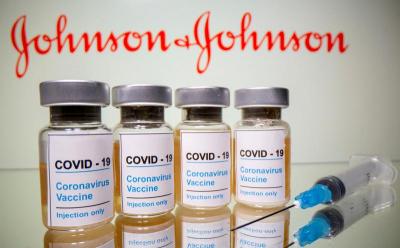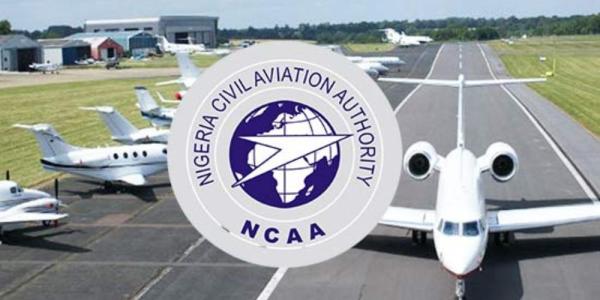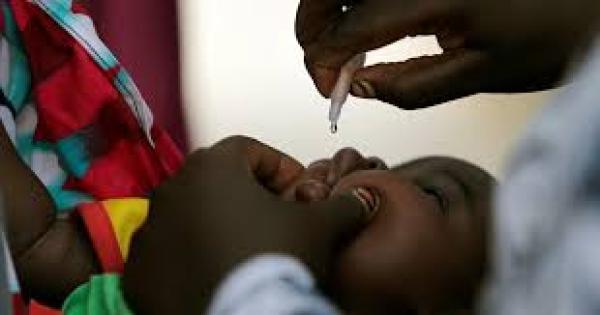
Saturday 8 Ma, 2021: The Nigerian Government is committed to procuring 29.588 million doses of the Johnson & Johnson vaccine through the AVAT initiative, coordinated by AFREXIMBank.
The Minister of Finance, Budget and National Planning, Mrs Zainab Ahmed, disclosed this at ‘Collaborative Africa Budget Reform Initiative (CABRI) General Assembly webinar, according to a statement by her Special Adviser on Media and Communications, Yunusa Tanko Abdullahi in Abuja on Friday.
She said: “Therefore, the supplementary budget for COVID-19 vaccines will cover the cost of additional vaccines over and above those provided by COVAX, as well as the full cost of operations and logistics for delivering the vaccines around the country.
“Already, the sum of N29.1 billion has been released from the Routine Immunization budgetary provision (Service Wide Vote) to the National Primary Healthcare Development Agency (NPHCDA) as an advance for the operational cost of deployment of the COVID-19 vaccines. The N29.1 billion represents about 52 percent of the amount required over 2021-22”.
Mrs. Ahmed stated at the 18th General Assembly of CABRI that the World Bank has indicated willingness to provide needed facilities in support of the country’s COVID-19 vaccination plan.
Considering key elements of Nigeria’s vaccine financing strategy, she said that the government is working on a supplementary budget to provide for the cost of vaccine procurement and delivery.
“The Federal Ministry of Health plans to vaccinate 70 percent of eligible (18 years and above) Nigerians over the 2021 and 2022 fiscal years”, she stated, noting that the nation has received commitments from COVAX for COVID-19 vaccines that could cover 43.1 million of the eligible population, as donations from some development partners.
On the impact of COVID-19 pandemic and the oil price crash on the Nigerian economy, she pointed out that prior to the pandemic, implementation of the Economic Recovery and Growth Plan 2017-20, prudent resource management and fiscal policy implementation had resulted in 11 consecutive quarters of GDP growth, with GDP growth rising from 1.91 percent in 2018 to 2.27 percent in 2019.
Mrs. Ahmed also noted that the government had begun the process of moving the economy away from its primary dependence on oil for revenues and foreign exchange, and was making steady gains in addressing infrastructure and human capital challenges.
“Then came COVID-19, and Nigeria’s Bonny Light crude oil price fell from a peak of US$72.2 per barrel on January 7, 2020 to below US$20 by April 2020. In effect, the US$57 crude oil price benchmark approved in the 2020 budget became unrealistic triggering the need to adjust.






















